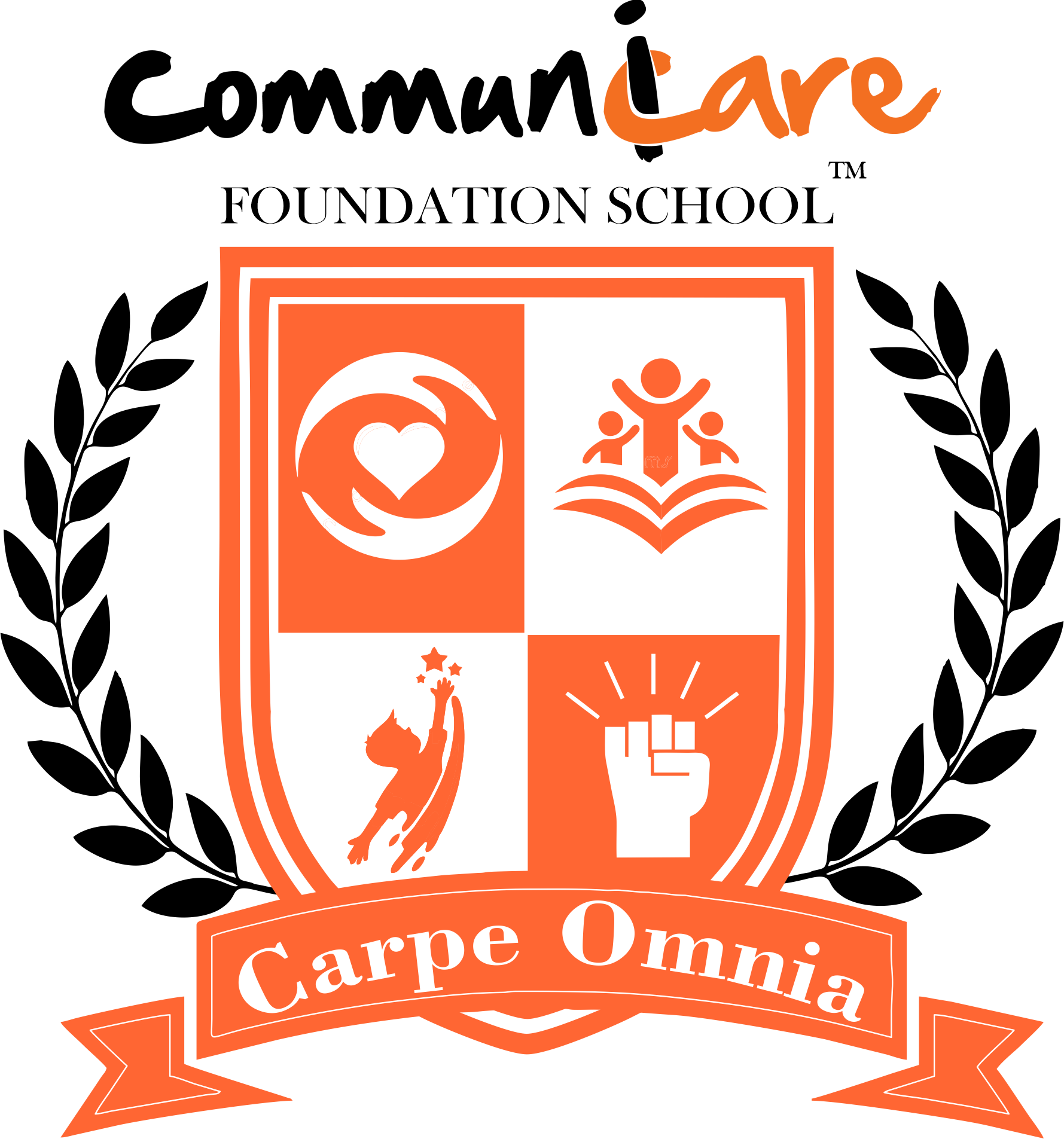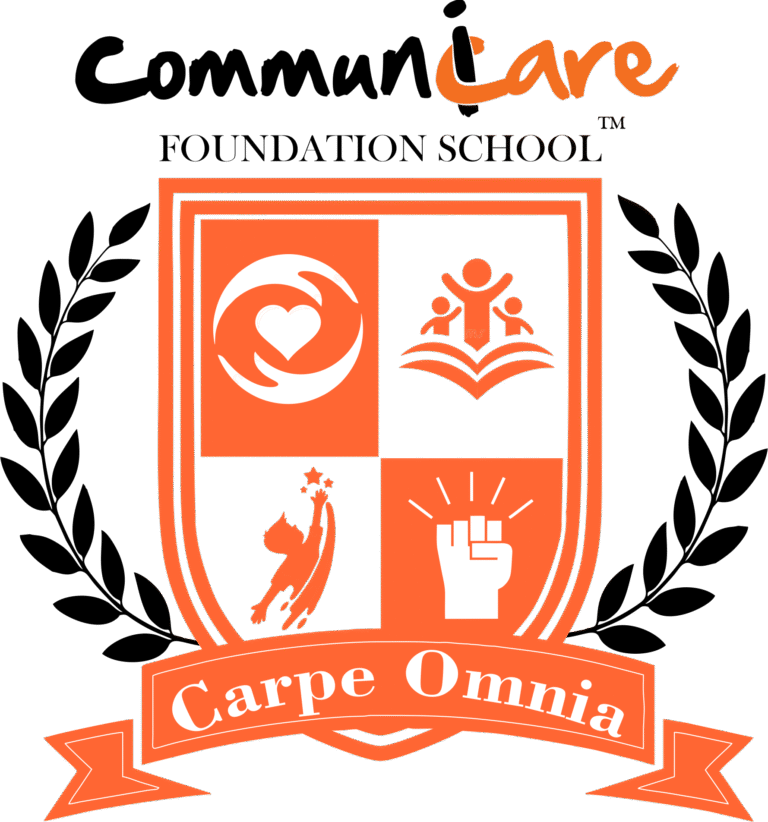What is Speech Therapy?

What Is Speech Therapy? A Guide for Parents
If your child has difficulty speaking clearly, expressing themselves, or understanding language, you may have heard the term speech therapy from your pediatrician or teacher. But what exactly is speech therapy, and how can it help your child?
This post will break it down in simple terms—what speech therapy is, how it works, why speech therapy for kids is so valuable, and even how speech therapy courses help professionals provide the best care possible.
What Is Speech Therapy?
Speech therapy is a treatment designed to help people improve their communication skills. It can focus on a variety of challenges, including speaking clearly, understanding others, expressing thoughts, using language, and even swallowing and feeding issues.
A licensed professional called a speech-language pathologist (SLP) typically provides speech therapy. These experts use structured techniques, games, tools, and targeted exercises to help individuals communicate more effectively.
Why Is Speech Therapy for Kids Important?
Speech therapy for kids is crucial because early childhood is an important time for language development. If a child struggles with speech or language, they might have a hard time learning in school, socializing with peers, or even expressing their needs. That’s why speech therapy for kids focuses on early intervention, which means catching issues early on to build strong communication skills that will last a lifetime.
Speech therapy for kids can help with:
- Delayed speech development
- Articulation issues (trouble pronouncing sounds)
- Stuttering
- Language delays
- Auditory processing problems
- Autism-related communication challenges
The great thing about speech therapy for kids is that it’s often play-based. Therapists use songs, stories, flashcards, and interactive activities to make the process interesting while still being effective.
What Happens During Speech Therapy?
Each speech therapy session is personalized to the child’s needs. The therapist may begin with an assessment to understand the child’s strengths and challenges. Then, they’ll develop a custom treatment plan with specific goals.
For young children, speech therapy for kids often includes games, repetition, storytelling, and sound practice. For older kids, it might include role-playing conversations, vocabulary-building exercises, or working on fluency – the structure of the therapy is based on a multitude of factors.
One more thing important to note is that consistency is key—most children attend speech therapy regularly over several months. Involved parents are also important, because they can help the child practice speech at home.
How Speech Therapy Courses Train Professionals?
Behind every successful speech therapy session is a highly trained expert. Professionals complete speech therapy courses that cover anatomy, language development, phonetics, and clinical methods. These speech therapy courses ensure that therapists have the knowledge and skills needed to support kids of all ages and backgrounds.
How Do I Know If My Child Needs Speech Therapy?
If your child is hard to understand, gets frustrated trying to speak, or isn’t hitting communication milestones, it may be time to ask about speech therapy for kids. Talk to your pediatrician or school team, as they may refer you to a Speech Language Pathologist for an evaluation.
Remember, getting help doesn’t mean something is “wrong” with your child. Many kids benefit from speech therapy and go on to communicate with confidence.
Final Thoughts:
Speech therapy plays a vital role in helping children find their voice. Whether your child has minor pronunciation issues or more complex speech and language delays, speech therapy for kids can make a big difference. And thanks to well-designed and individualized speech therapy courses, parents can trust that therapists are well-equipped to support each child’s journey.
Early support leads to lasting results. So if you’re considering speech therapy, don’t wait—take the first step and explore your options today.


